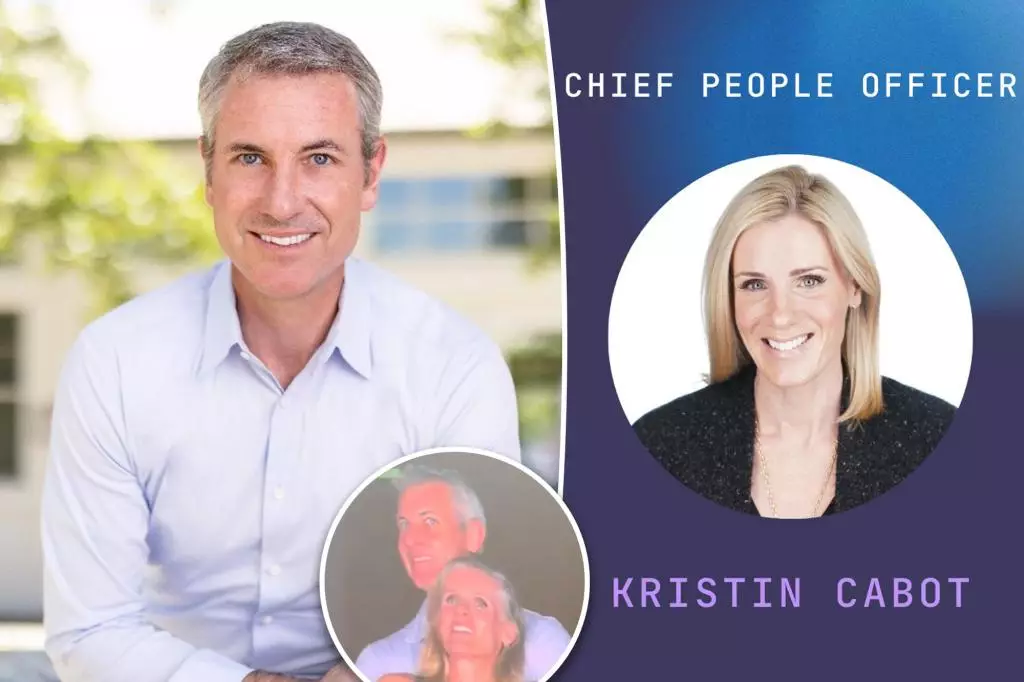In November 2024, Astronomer appointed Kristin Cabot as its Chief People Officer, expecting her to elevate their talent management and workplace culture amidst rapid growth. The company’s CEO, Andy Byron, publicly lauded her credentials, emphasizing her leadership in scaling organizations and her commitment to diversity and collaboration. This strategic hire was indicative of a broader vision—one where human capital wasn’t merely a support function but a core driver of innovation. Cabot’s philosophy of aligning people strategies with business objectives suggests a sophisticated understanding of organizational dynamics, likely contributing to the company’s upward trajectory.
However, it’s worth scrutinizing whether such stellar endorsements genuinely reflect operational realities or are more about projecting idealized visions of leadership. While praising her capacity to foster a positive work environment, Byron’s own actions—seemingly caught in a viral scandal—cast a shadow that invites critical examination of the authenticity of corporate narratives. The emphasis on “culture preservation” and transformative HR practices might be overshadowed by personal controversies that challenge leadership credibility.
The Unraveling of Personal Secrets and Public Perception
The controversy erupted unexpectedly when a viral TikTok video purportedly captured Byron and Cabot in an intimate act at a Coldplay concert. The footage, which showed their stunned reactions and attempts to hide, sparked widespread speculation about infidelity, especially considering both are reportedly married to others. Such revelations underscore an uncomfortable truth: personal conduct can deeply impact professional reputation, especially in executive roles that symbolize company values.
This incident also raises questions about transparency and authenticity. Public figures and corporate leaders often project curated images—benevolent, committed, ethical—yet personal lapses can undermine those narratives overnight. Megan Kerrigan Byron’s decision to deactivate her Facebook page following the incident suggests an instinct to retreat and protect her privacy, but it also signifies the full extent of the fallout. Ultimately, this controversy highlights the fragile boundary between personal life and public responsibility, especially when leadership moments are scrutinized under a magnifying glass.
Leadership, Vulnerability, and the Power of Public Perception
While the scandal may seem like a moment of personal weakness, it also reflects broader themes about vulnerability and accountability in leadership. Byron’s rise to CEO in July 2023 positions him as an influential figure steering a data-centric company in a competitive industry. Yet, his unexpected dalliance at a high-profile event exposes the pitfalls of public exposure and the importance of integrity—all the more crucial at the top of an organization.
Moreover, the incident invites a reflection on whether personal mistakes diminish professional capacity or if they serve as genuine opportunities for growth and authenticity. In an era where transparency is increasingly valued, leaders who own their errors and demonstrate humility can often rebuild trust more effectively than those who hide behind facades. However, given the magnification of this particular scandal, the long-term impact on Byron’s leadership—and by extension, Astronomer’s reputation—remains uncertain.
By critically evaluating both the professional achievements and personal missteps of these figures, it becomes clear that true leadership encompasses more than just strategic vision; it demands accountability, moral integrity, and self-awareness. Whether these qualities are present or lacking ultimately shapes not only individual careers but also the credibility of the organizations they serve.

